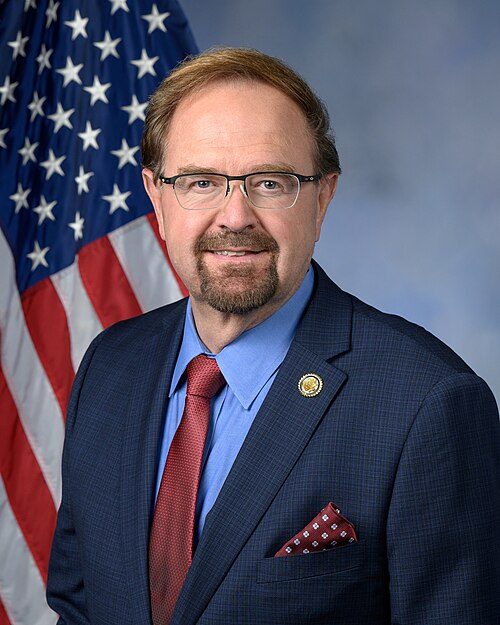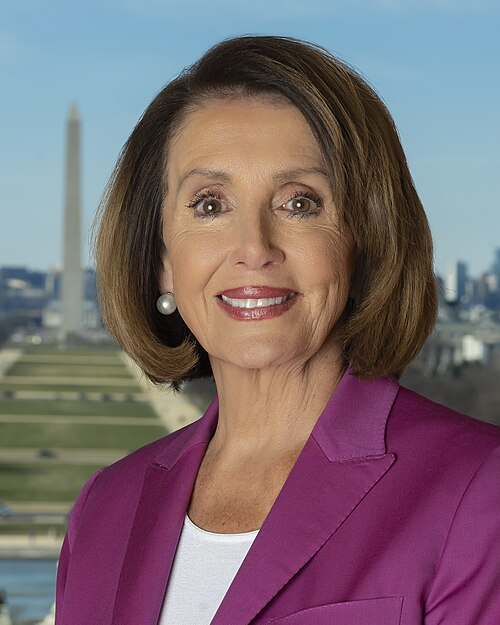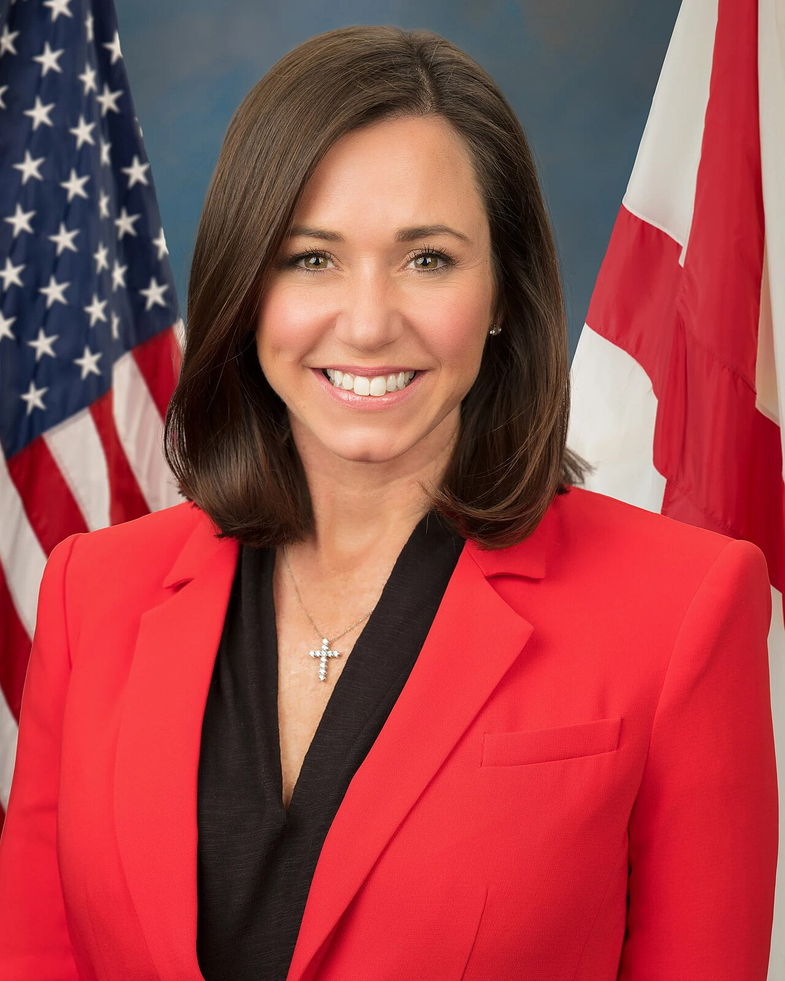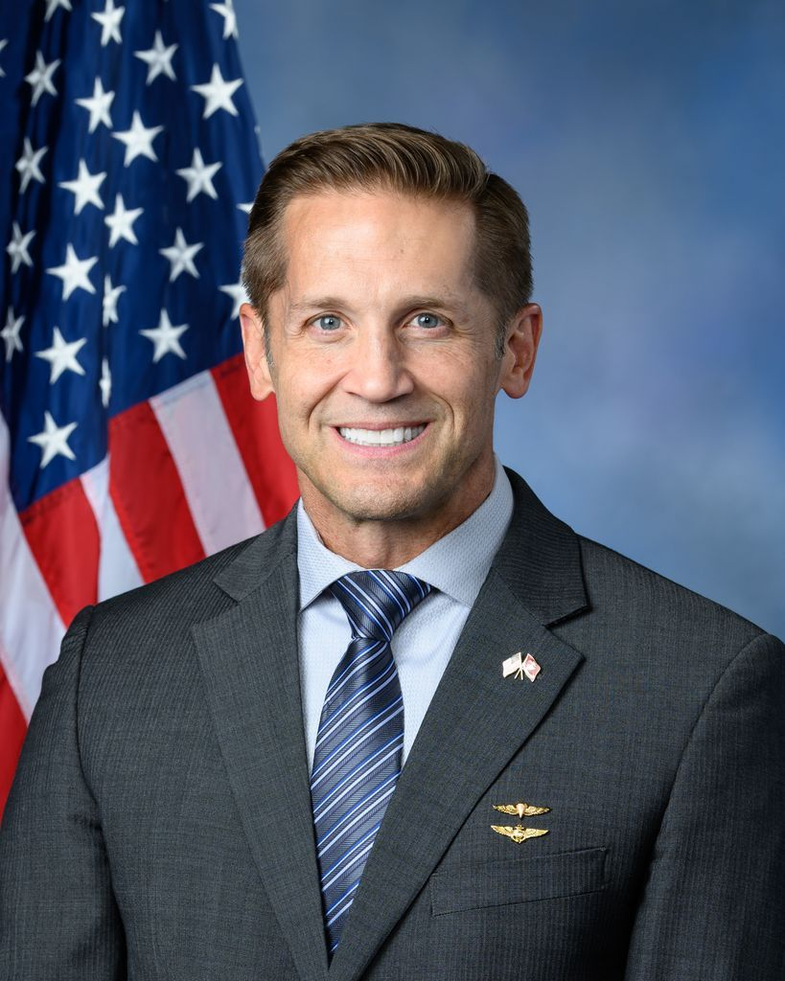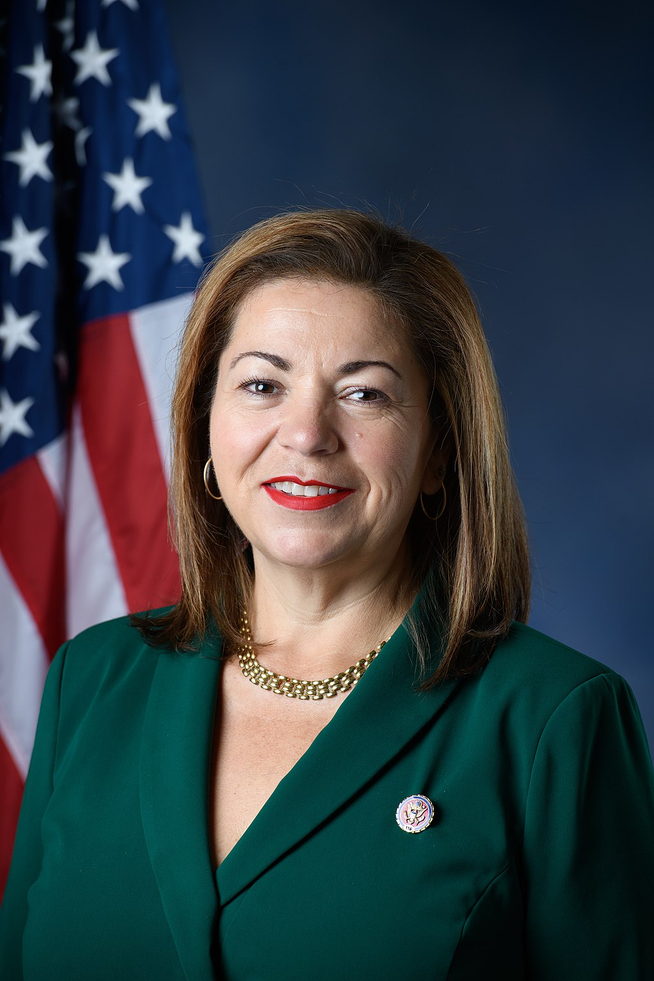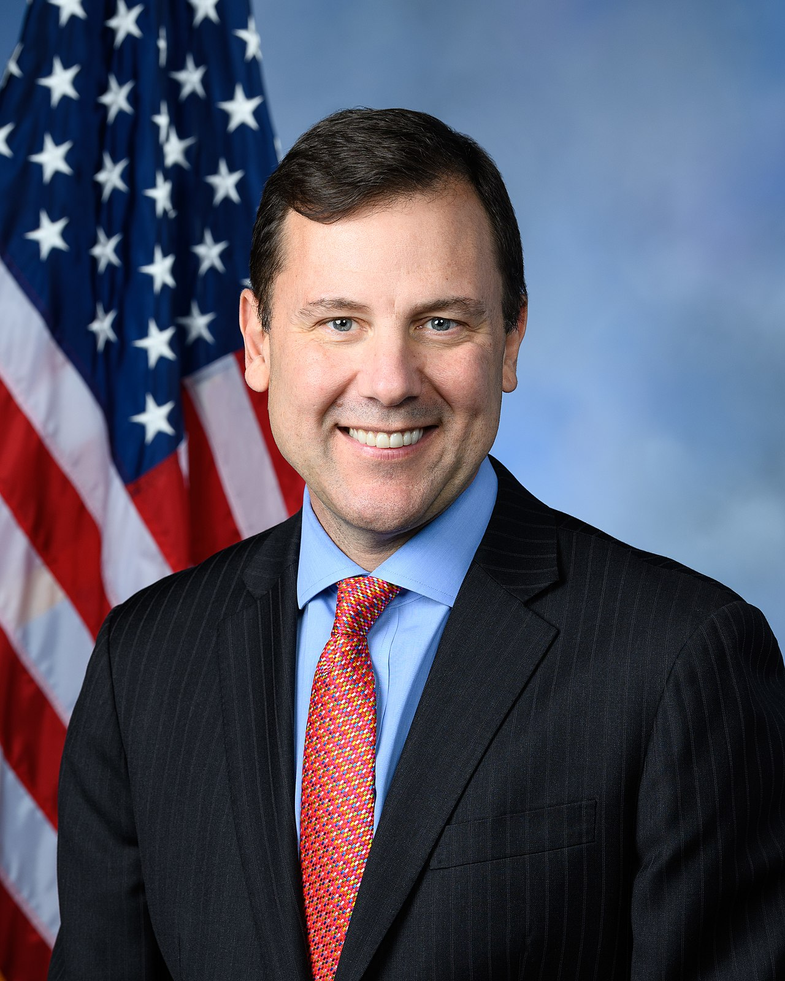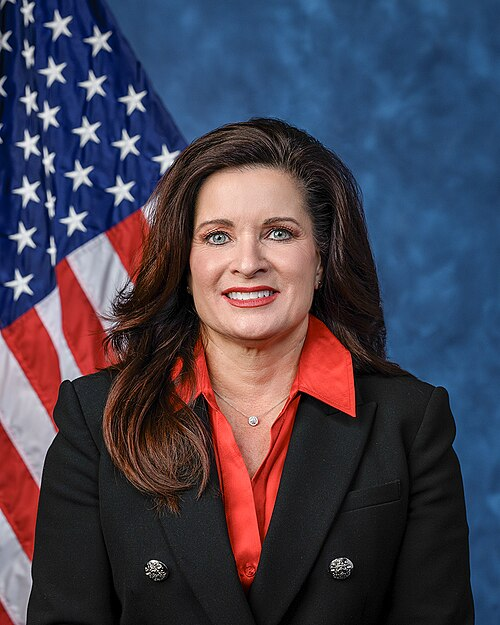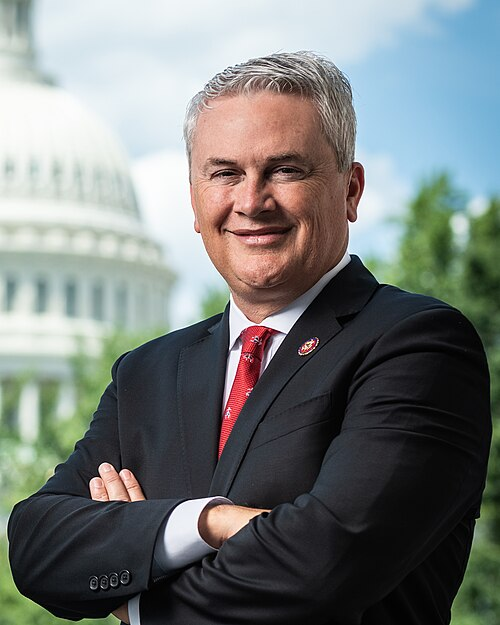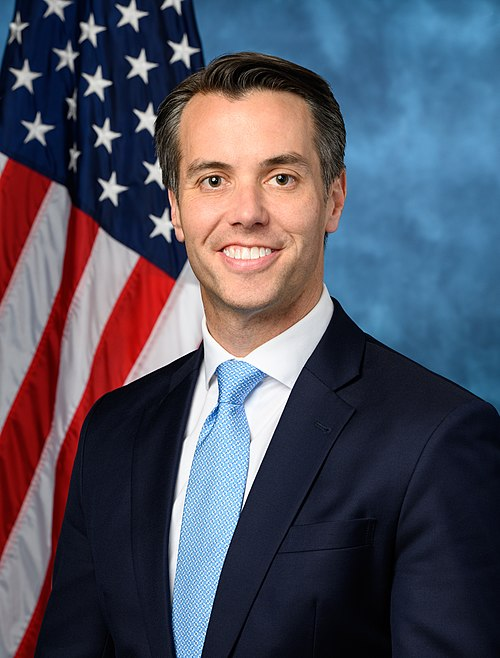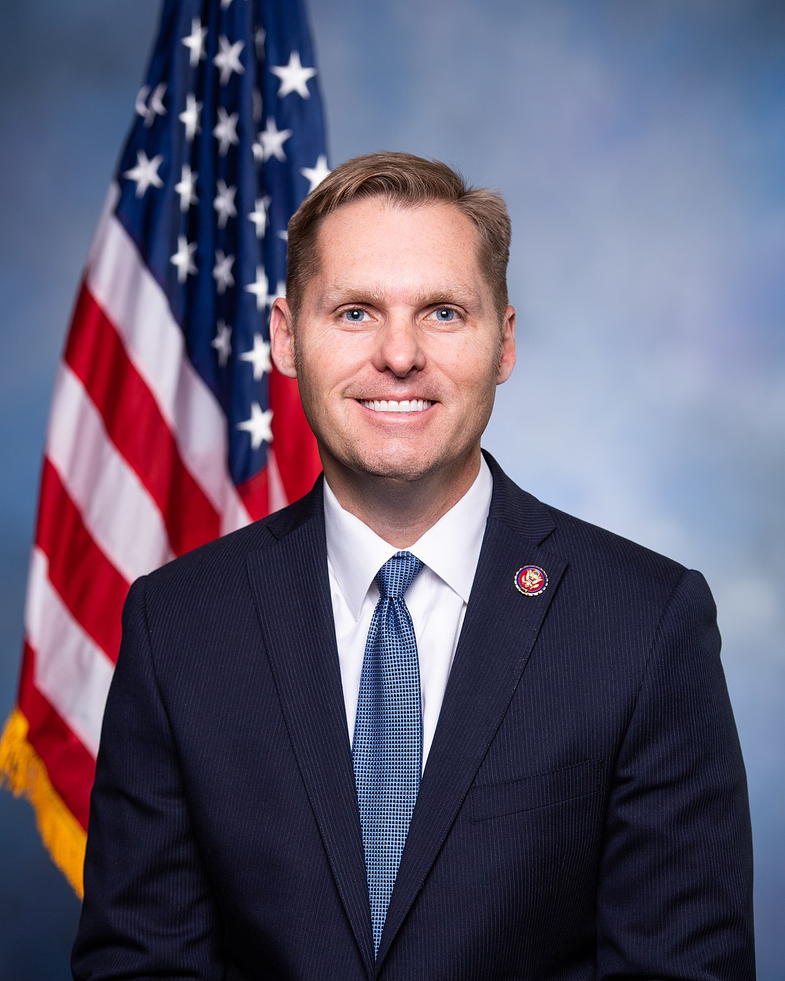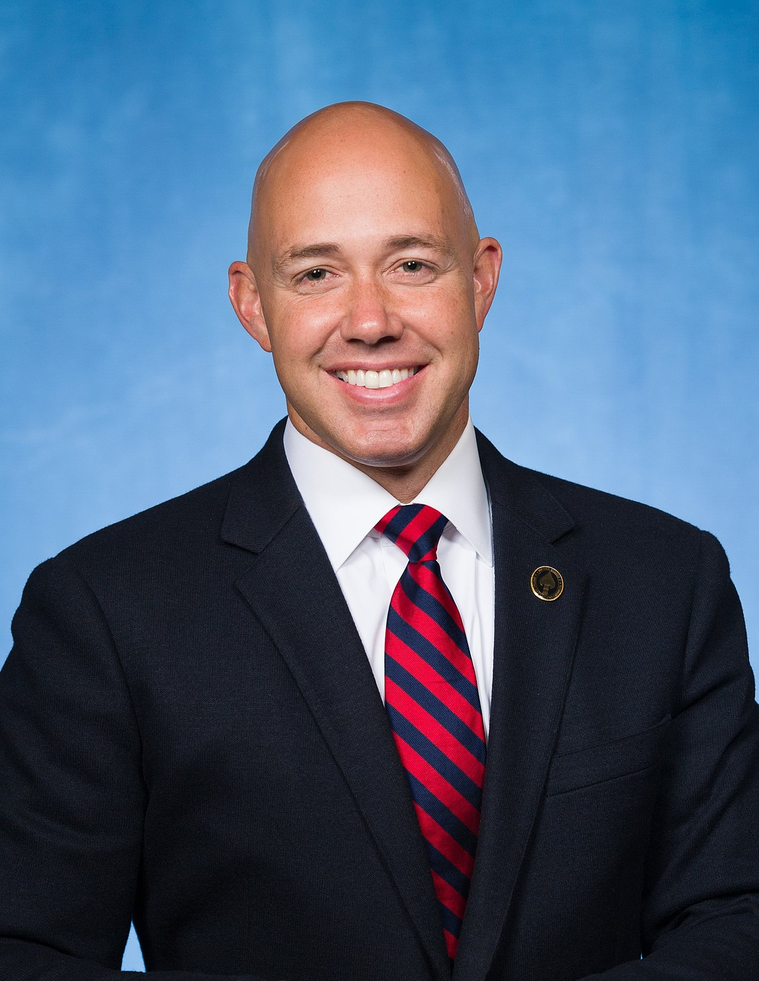H.R. 2292: Economic Opportunity for Distressed Communities Act
This bill, known as the Economic Opportunity for Distressed Communities Act, proposes amendments to the Internal Revenue Code to create special rules for capital gains that are reinvested in distressed communities. Its primary aims are to encourage investment in 'qualified distressed opportunity zones,' which include brownfield sites and areas listed on the National Priorities List due to environmental contamination. Here’s a breakdown of the key provisions:
Special Capital Gains Treatment
The bill allows taxpayers to exclude from their gross income a portion of capital gains if they invest that amount in a 'qualified distressed opportunity fund' within 180 days of the sale or exchange. Key aspects include:
- Exclusion Amount: The exclusion applies to gains that do not exceed the total investment made in the fund.
- Election: Taxpayers must elect to exclude this gain, and certain restrictions apply—the election cannot be made if another election regarding the same sale is in effect, nor for sales or exchanges after December 31, 2033.
Deferral of Recognized Gains
Recognized capital gains that are reinvested are deferred and included in tax income during the earlier of when the investment is sold or exchanged, or by December 31, 2033. The recognized gain will consist of the difference between the investment's fair market value at sale and the original amount invested.
Special Rules for Long-term Investments
- Investments Held for 5 Years: The investment's basis will increase by 10% of the deferred gain.
- Investments Held for 7 Years: An additional increase in the basis by another 5% of the deferred gain will apply.
- Investments Held for 10 Years: If held for at least 10 years, the investment's basis may be adjusted to its fair market value at the time of sale or exchange.
Qualified Distressed Opportunity Funds
A 'qualified distressed opportunity fund' is defined as an investment vehicle that invests at least 90% of its assets in qualified distressed opportunity zone property. The property includes:
- Distressed opportunity zone stock
- Distressed opportunity zone partnership interests
- Distressed opportunity zone business property
Qualified Distressed Opportunity Zone Properties
These properties are specifically identified as brownfield sites or facilities on the National Priorities List which refers to locations with environmental risks.
Rules for Compliance
If a fund does not maintain the required 90% investment in qualified properties, it may incur penalties. The penalty assessed will depend on the shortfall between the amount required and the actual amount invested in qualified properties.
Regulatory Oversight
The Secretary of the Treasury is empowered to create regulations necessary to implement these new rules, ensuring compliance and preventing abuse of the provisions related to capital gains exclusion and investment qualification.
Effective Date
The provisions of this bill would apply to investments made after the date of enactment.
Relevant Companies
- PLNT: Planet Fitness could be impacted as it may seek to invest in qualified distressed opportunities for potential expansion.
- AMZN: Amazon could potentially utilize the fund mechanism if it looks to develop facilities in distressed areas.
- CSCO: Cisco Systems might consider investing in technology initiatives in distressed regions, benefiting from potential tax advantages.
This is an AI-generated summary of the bill text. There may be mistakes.
Sponsors
2 bill sponsors
Actions
2 actions
| Date | Action |
|---|---|
| Mar. 24, 2025 | Introduced in House |
| Mar. 24, 2025 | Referred to the House Committee on Ways and Means. |
Corporate Lobbying
0 companies lobbying
None found.
* Note that there can be significant delays in lobbying disclosures, and our data may be incomplete.
